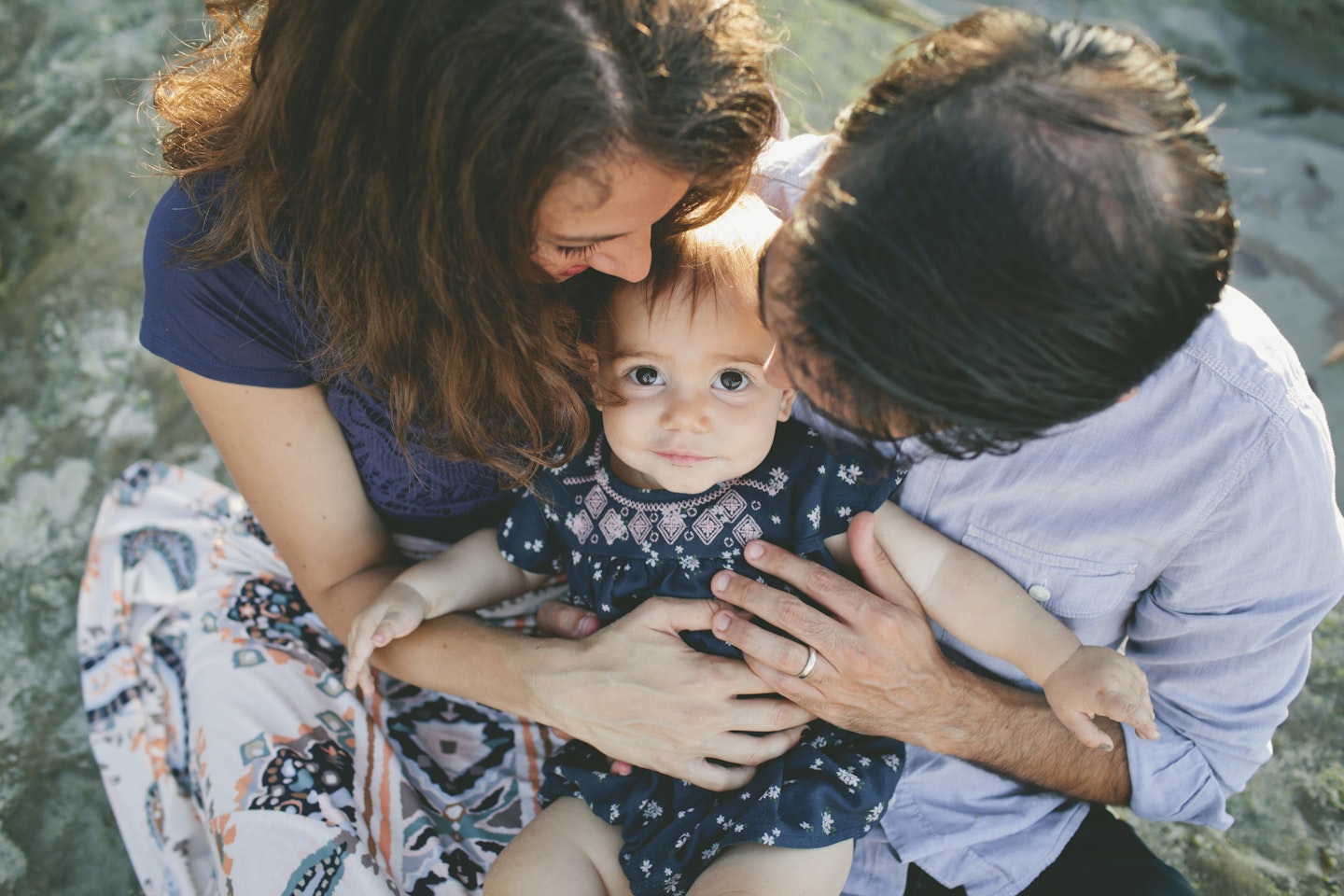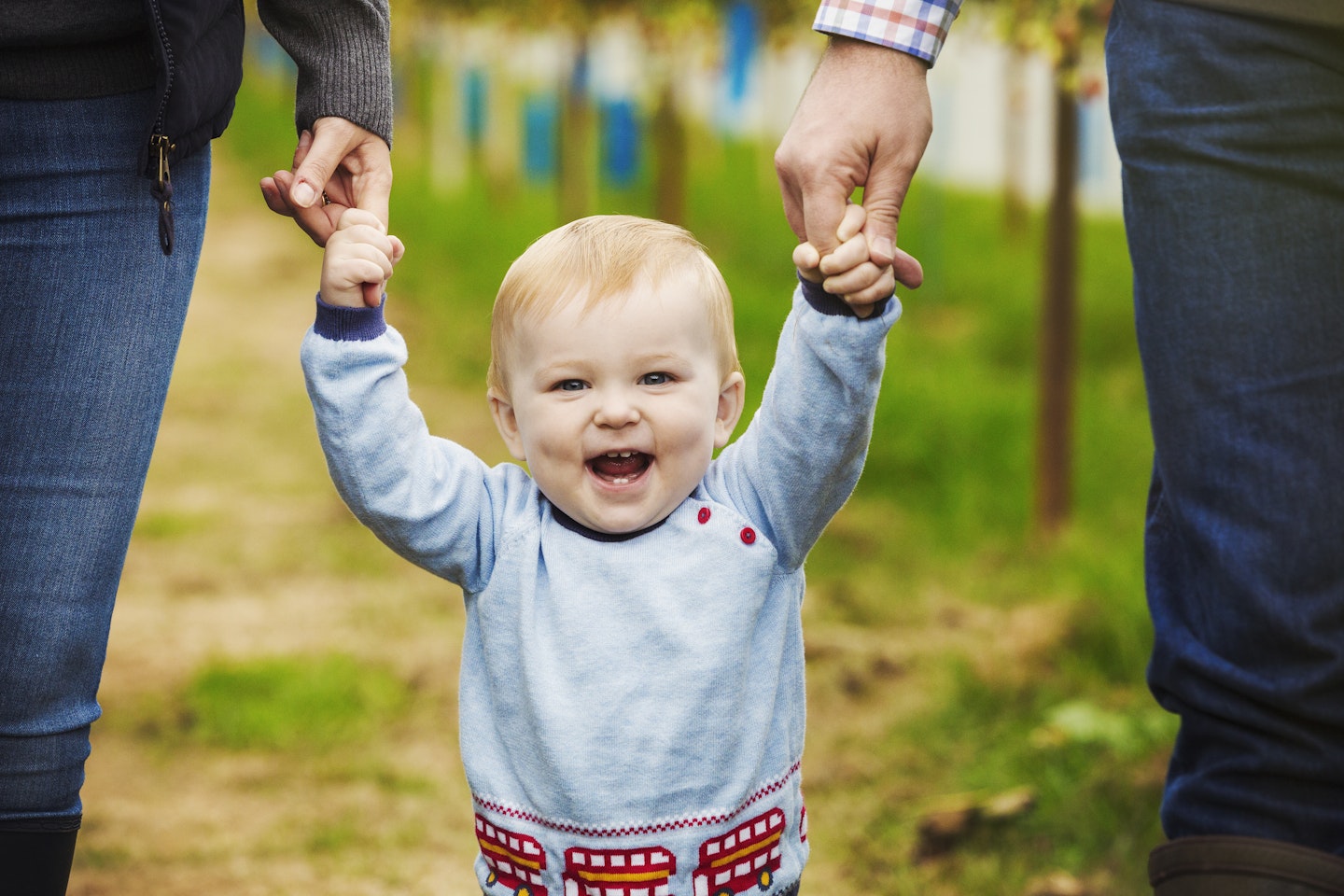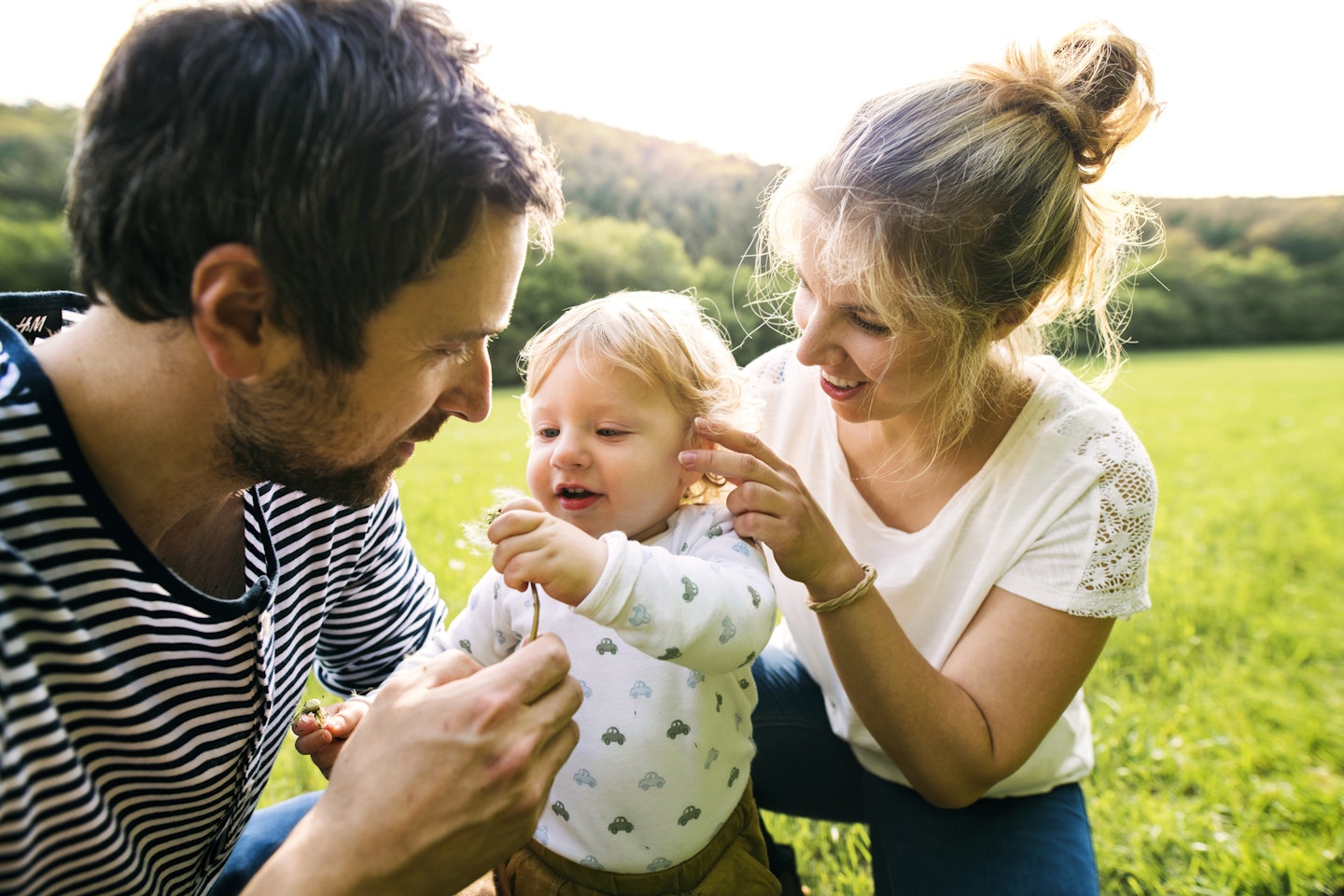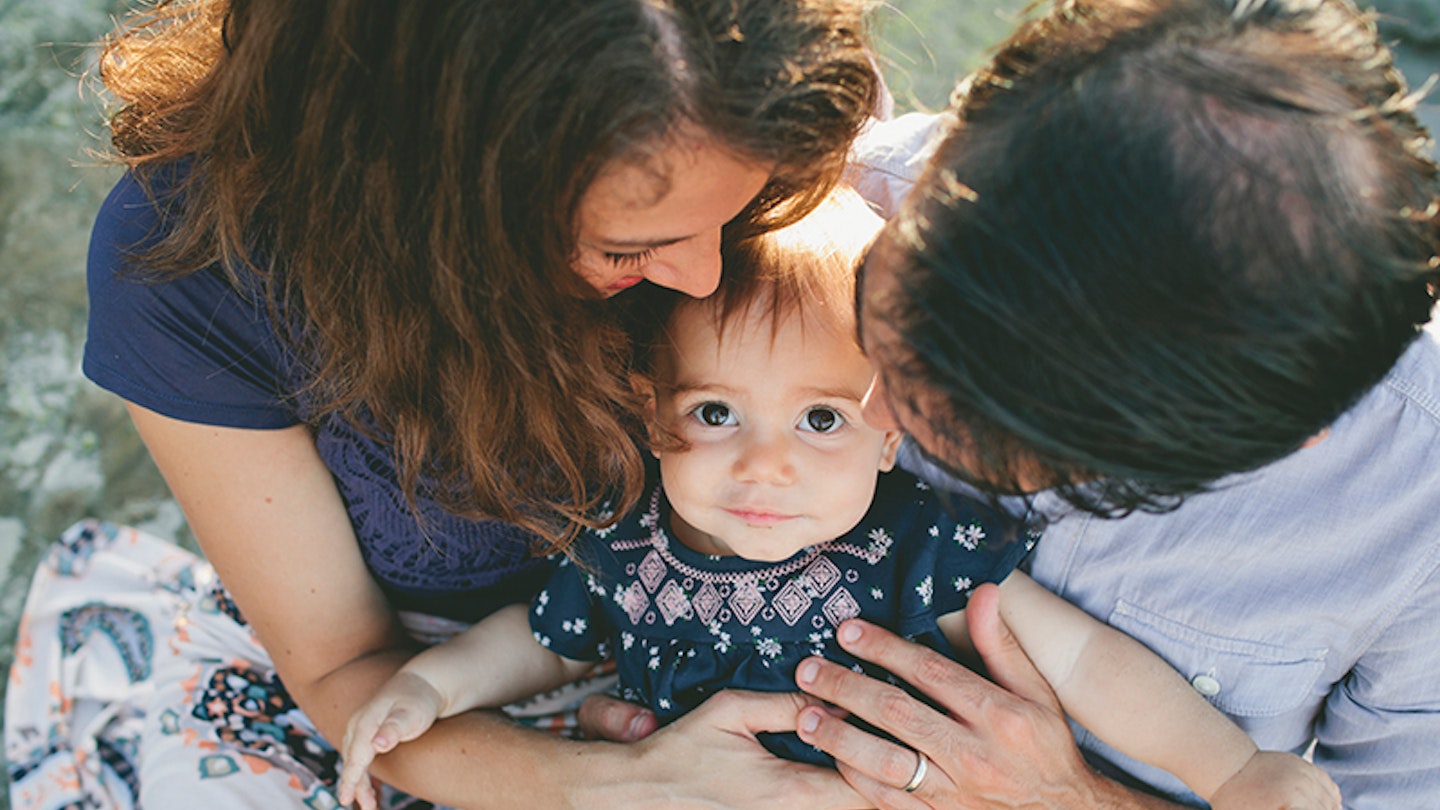Are you growing the next prima ballerina or a future prime minister? A baby usually inherits his personality and physical characteristics from his parents, but you should always expect the odd surprise...
Where your baby gets their looks and personality...
baby’s looks and personality?
 1 of 6
1 of 61) Your baby’s temperament
Bigger babies are often more placid simply because they’re able to store more milk in their stomachs and so stay fuller for longer. However, fussy babies could remain that way, according to research undertaken by the University of Maryland. It revealed fidgety babies could be easily intimidated as infants, leading to shyness later in life.
However, ifcolicis to blame, a fussy newborn could soon turn into a blissed-out babe.
 2 of 6
2 of 62) Your baby’s height
Various studies have found taller or heavier parents tend to have bigger babies, firstborns tend to be smaller than subsequent children (because the uterus is smaller and tighter in first-time mums) and boys are larger than girls.
A father’s genes seem to carry three times more weight than a mother’s
A father’s genes seem to carry three times more weight than a mother’s, according to a recent study conducted by Harvard Medical School, so Dad’s a good person to blame for any complaints.
 3 of 6
3 of 63) Your baby’s eye colour
In newborns, the pigmentation process of the iris hasn’t started working yet, so all babies are born with blue eyes, with the true colour usually becoming apparent around six months old.
Where your baby’s eye colour comes from depends on the genes of both you and the father, however a recessive gene could be thrown in and give your baby a different colour to both of you altogether.
 4 of 6
4 of 64) Your baby's hair
Like eye colour, hair type and colour are controlled by genes, and a battle and interaction of the genes ensues when producing your baby’s hair.
‘Genes can be hidden for generations and reappear at any time, so your baby could be dark when you’re both fair,’ says David.
 5 of 6
5 of 65) Your baby's personality
Extrovert babies – those with high activity levels, who smile easily, enjoy being around people and babble a lot – are likely to become outgoing adults, according to Jerome Kagan, professor of psychology at Harvard University.
‘Babies who are introverts – quiet around new objects and faces, and who don’t adapt easily to change – are likely to stay that way, too.’
However, while genes are influential, environment and parenting can really shape a personality.
 6 of 6
6 of 66) Your baby’s intelligence
According to research from Minnesota, IQ is inherited and bright adults are more likely to have intelligent kids. However, playing, reading and interacting with your baby will maximise her potential.
‘Intelligent genes without good education and parental support can turn to nothing, in the same way that good education and parental support can boost less capable genes,’ says David Summers, senior lecturer in genetics at Cambridge University.
Do you think your baby’s got separation anxiety? Let us know on Facebook orTwitter!
Make sure you're following Mother & Baby on Instagramfor relatable memes, inspiring stories and parenting hacks!
Subscribe to Mother&Baby magazine for expert tips, must-have products and invaluable advice for mums delivered straight to your door.
Whether you’re planning your new baby essentials shopping list, giving friends and family gift ideas, or planning for your baby shower, the Amazon Baby Wish List allows you to keep track of all your shopping ideas in one place.Click here to start yours today!
